The sharing session of the recognition for overseas judgment in practice was successfully held.
Date:2019-05-15
On April 25, 2019, the sharing session of the recognition for overseas judgment in practice was successfully held in conference room B102 of Peking University Law School. The sharing session was hosted by our Alumni Association, and co-organized by Jia Fa Bang Lawyer Group and MetaSOTA Technology. The 1995 Law School undergraduate and 1999 graduate alumnus Mr. Huang Shanduan, who is not only an excellent lawyer, but also partner of Lam Lee Lai, Deputy Secretary General of the B&R Federation of legal services in Qianhai, Shenzhen, and Vice President of Peking University Hong Kong Alumni Association, Vice President and Secretary of Peking University Law School Hong Kong Alumni Association, gave a lecture. Lu Jiangnan, Vice Party Secretary of Peking University Law School, Ge Yunsong and Liu Zhewei, professors of Law School, Dang Shuping, director of Alumni Affairs Office, and more than 20 lawyers and 20 students attended the session. The sharing session was hosted by Lu Xinxin, Vice Director of the Law School Alumni Work Office.
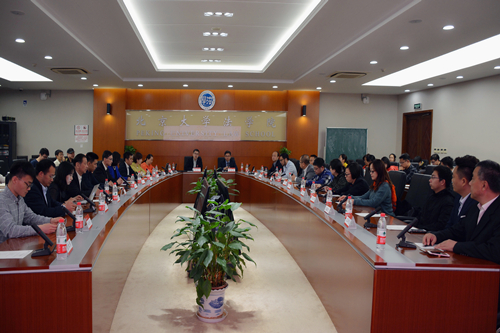
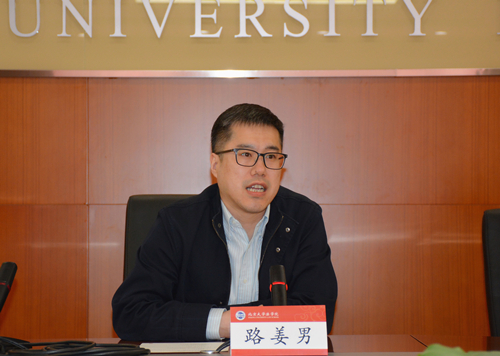
First of all, Lu Jiangnan welcomed the alumni to return to the alma mater for discussion of theory and practice on the occasion of the 121st anniversary of Peking University and the 115th anniversary of Law School. He said that this session was shared by the outstanding alumni with the results of the combination of legal practice and legal knowledge production with law persons. The form was new and the content was real that all alumni would be inspired and harvested by the sharing session.
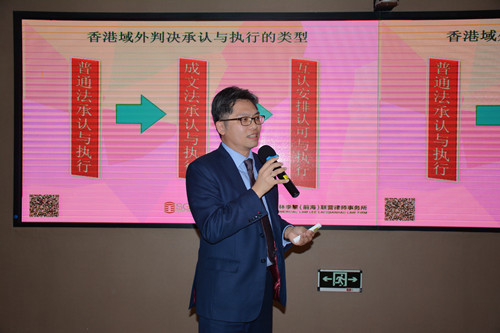
Huang Shanduan firstly shared the outline and evolution of the recognition and enforcement system of the overseas judgments in Hong Kong. The types of recognition and enforcement of extraterritorial judgments in Hong Kong include recognition and enforcement of common law, recognition and enforcement of statutory law, recognition and enforcement of mutual recognition arrangements. He mainly introduced the advantages and disadvantages of recognition and enforcement of common law and recognition and enforcement of statutory law.
Later, Huang Shanduan briefly introduced the obstacles encountered in the recognition and enforcement of mainland judgments in the common law of Hong Kong. After that, Huang continued to share five cases of the recognition and enforcement of mainland judgments. Through these cases, he explained a more various perspective to mainland and Hong Kong lawyers.
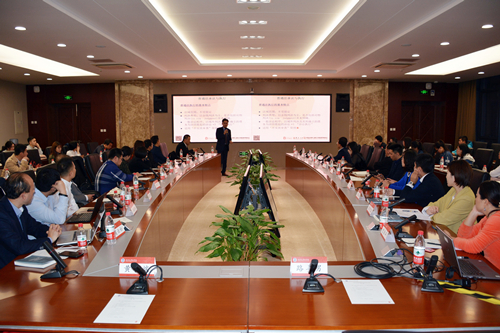
In the third part, Huang Shanduan detailed the legal system for the recognition and enforcement of arrangement agreement with mutual assistance. He explained to students about the advantages of mutual recognition arrangement, the negative factors affecting the effectiveness of the mutual recognition arrangement and the possibility of applying the common law enforcement into mainland judgment, and looked forward to the "full coverage" of the mutual recognition arrangement of inter-regional judgments.
Finally, Huang Shanduan also shared his personal experience in studying different legal systems, and answered questions from lawyers and alumni.
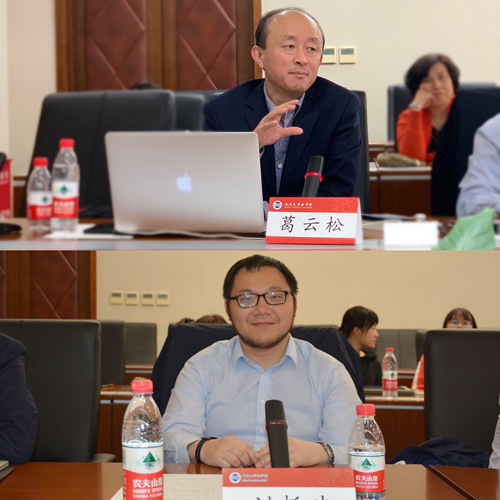
Professor Ge Yunsong and Liu Zhewei spoke highly of the lecture. Ge believed that the lecture raised questions from the perspective of practice and litigation strategy. Liu Zhewei believed that Huang Shanduan had a clear understanding of common law and procedural law, and his explanation of historical evolution also reflected the continuous improvement of the Chinese legal system.
This sharing session not only solved the complicated questions encountered in Hong Kong lawsuits from alumni and lawyers, but also provided a valuable opportunity for the students to understand the recognition and enforcement of the mainland judgment in Hong Kong. Finally, the session was rounded off.
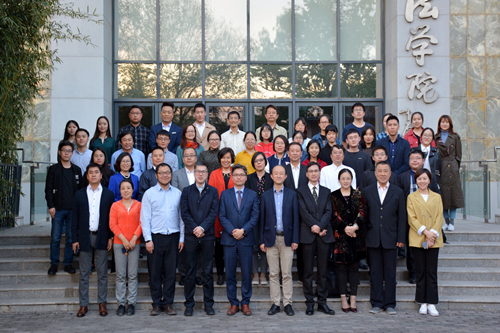
Translated by: Yin Ziyou
Edited by: Chen Qingqing



